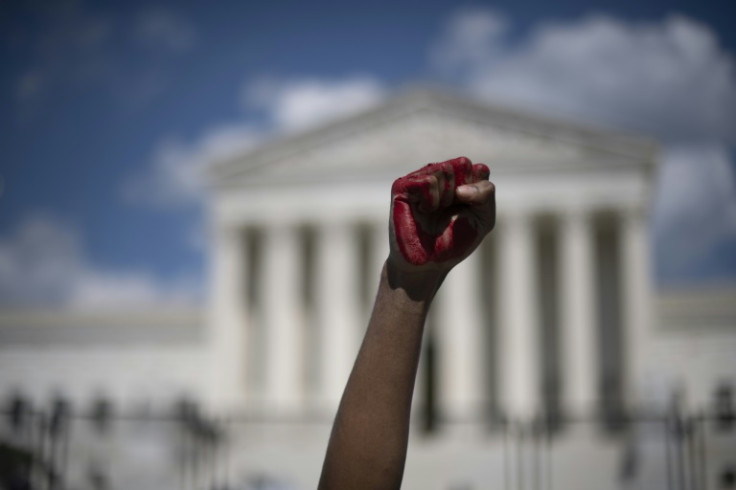Supreme Court To Weigh Government Coercion In Social Media And Gun Rights Cases
The Supreme Court is set to deliberate on Monday on two contentious cases, delving into the extent to which government intervention can be deemed coercive, particularly in the realms of social media moderation and gun rights advocacy.
These cases raise fundamental questions about the boundaries between government influence and free speech protections, challenging the practice of "jawboning" where officials exert pressure on private entities to align with government objectives.

In the first case, the Biden administration's interactions with social media companies come under scrutiny, with allegations of unlawful coercion surrounding efforts to remove content related to contentious topics such as Covid-19.
The lawsuit, brought forth by Republican attorneys general and social media users, contends that government officials overstepped their bounds by pressuring platforms to moderate content, potentially infringing upon free speech rights protected by the First Amendment.
Simultaneously, the court will hear arguments regarding claims that a New York state official improperly pressured companies to sever ties with the National Rifle Association (NRA), a prominent gun rights organization.
At the heart of this case is the allegation that the government's actions crossed the line from regulatory oversight to coercion, infringing upon the NRA's free speech rights. The concept of "jawboning," wherein government entities use persuasion or implied threats to influence private actors, lies at the crux of both cases.
Critics argue that such practices undermine the integrity of public discourse and infringe upon constitutionally protected freedoms. However, defenders of government intervention assert that regulators have a duty to address issues of public concern, even if it entails urging private entities to take specific actions.
"Government officials cannot, for example, use their regulatory powers to coerce individuals or entities into refraining from protected speech," US Circuit Judge Denny Chin stated. "At the same time, however, government officials have a right – indeed, a duty – to address issues of public concern."
The outcomes of these cases hold significant implications for the balance of power between government authority and individual liberties. Advocates stress the importance of establishing clear guidelines to prevent regulatory overreach and safeguard free expression, particularly in an era marked by heightened political polarization and digital influence.
In anticipation of the Supreme Court's deliberations, stakeholders on both sides of the debate await clarification on the limits of government influence in shaping public discourse. The rulings in these cases are poised to shape the legal landscape surrounding free speech rights and government regulation for years to come.
© Copyright IBTimes 2024. All rights reserved.






















